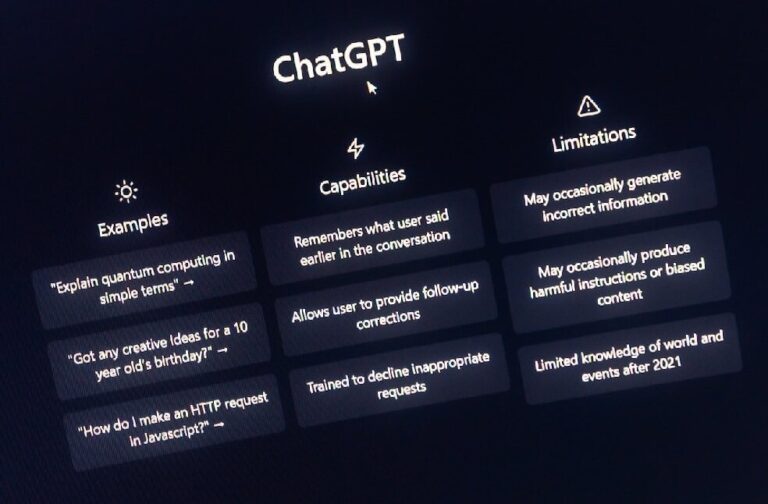Italy: OpenAI has successfully resolved issues raised by Italy’s data protection authority, resulting in the restoration of access to the ChatGPT chatbot in Italy. Italian officials and OpenAI have confirmed that the concerns have been addressed or clarified, allowing users to once again utilize the popular language model.
Last month, OpenAI, which is supported by Microsoft Corp, took down the ChatGPT chatbot in Italy following a temporary ban by the country’s Data Protection Authority, also known as Garante. The chatbot was being investigated for a suspected violation of privacy regulations, prompting OpenAI to take swift action.
The Italian Data Protection Authority, known as Garante, characterized its decision as provisional “until ChatGPT complies with privacy regulations.” According to the watchdog, OpenAI, the developer of ChatGPT, had no legal justification for the “mass collection and storage of personal data” to train the algorithms powering the platform’s operations.

The authority also mentioned a data breach that occurred on 20th March 2023, where user conversations and payment details were compromised. OpenAI attributed the issue to a bug in the system. In addition to the above, Garante had also accused OpenAI of neglecting to verify the age of ChatGPT’s users, who are required to be 13 years of age or older. OpenAI has committed to providing an age verification tool for users in Italy during the sign-up process.
OpenAI has stated that it will enhance the transparency of its privacy policy and offer an opt-out form for user-generated content to provide users with greater control. According to a spokesperson for the company, OpenAI will also introduce a new form specifically for European Union users to object to the use of their personal data for model training purposes.
On 28th April 2023 Garante confirmed that the ChatGPT chatbot had been restored in the country, but noted that its investigation of OpenAI was ongoing. Garante expressed appreciation for the measures taken by OpenAI to address its concerns thus far and expressed hope that the company would continue to comply with further requests, particularly with regard to age verification and informing Italians about the utilization of their data.



